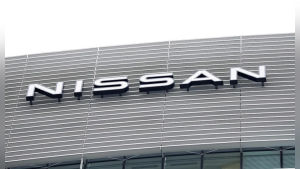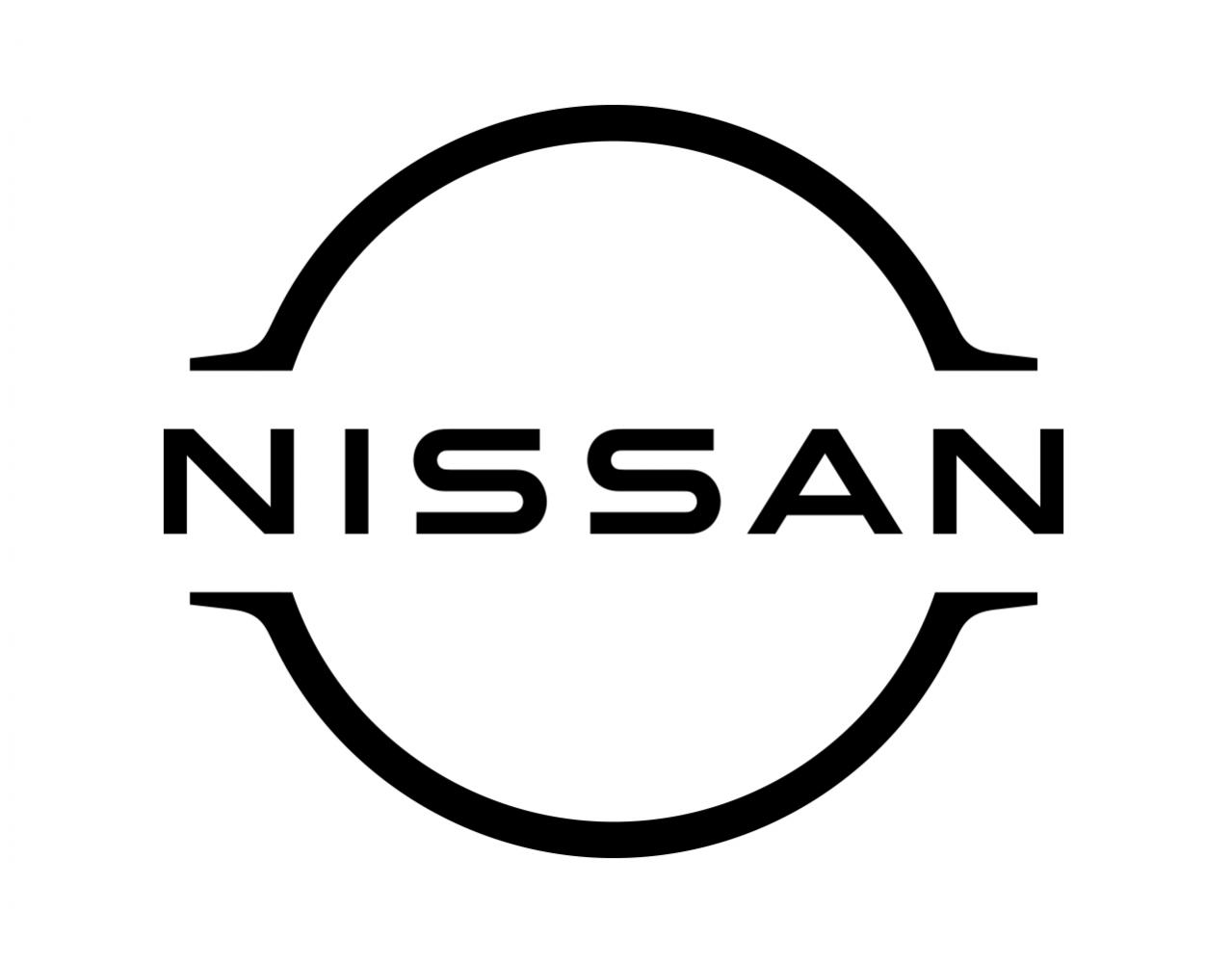“Could it Really Be the ‘Technological Nissan’…?”

Yesterday, the world was hit by a truly shocking piece of news.
The renowned Nissan Motor Co., a name synonymous with innovation, announced a massive restructuring that far exceeded our expectations. In addition to the previously disclosed plan to cut 9,000 jobs, the company is now set to eliminate over 10,000 more positions both domestically and overseas, bringing the total reduction to approximately 20,000 employees.
This staggering figure represents a full 15% of Nissan’s global workforce. For Nissan, a company that has been grappling with financial difficulties for quite some time, is this drastic measure the life-saving “powerful medicine” it desperately needs?
However, in the shadow of this extensive job shedding, Makoto Uchida, the CEO who steered Nissan through these turbulent times and stepped down in March after announcing his 50% pay cut as a gesture of accountability, still received an annual compensation exceeding ¥300 million (roughly equivalent to several million US dollars based on historical exchange rates).

This stark contrast between the CEO’s substantial earnings and the livelihoods being lost by so many employees is likely to evoke complex emotions in many, not just in Japan.
What are your thoughts on this seemingly contradictory situation: a leader receiving enormous compensation while a significant portion of the workforce faces job losses?
As an American consultant, my perspective might differ from that of those in Japan who are absorbing this news.
This unprecedented announcement provides an opportune moment for us to delve into a fundamental yet crucial topic: the rights and responsibilities of corporate executives.







